A Chinese envoy on Tuesday welcomed the adoption by the UN Security Council of a resolution to renew the mandate of the UN peacekeeping mission in the Democratic Republic of the Congo (DRC) and a resolution to lift notification requirements for arms shipments to the DRC.
At present, the security situation in eastern DRC remains dire, with armed groups occupying vast areas and seriously threatening the lives and property of the population. Under the current circumstances, the mandate renewal for the UN peacekeeping mission is conducive to regional peace and stability and consistent with the expectations of the DRC government. China voted in favor of the draft resolution, said Zhang Jun, China's permanent representative to the United Nations, in an explanation of vote.
The core tasks of the mission, known by its French acronym as MONUSCO, consist of supporting the peace process, protecting civilians, and maintaining security and stability. Tasks such as human rights monitoring and sanctions monitoring seriously distract the attention and dilute the resources of MONUSCO, and duplicate and overlap with other UN monitoring mechanisms, said Zhang.
"China hopes that going forward, the Security Council will, in light of the evolution of the situation, streamline and adjust the relevant mandates," he said.
China also welcomes the other resolution that lifts the notification requirements for the import of arms by the DRC government, he said.
In recent years, China, together with African countries, has been calling for lifting or adjusting the sanctions measures against African countries, said the Chinese envoy.
"We are delighted to see that at the critical juncture when the DRC government is combating armed groups and trying to maintain national security, the Security Council responded positively to the demands of the DRC and adopted the resolution," he said.
China expects the Security Council to remain united on sanctions-related issues and, in light of latest developments, adjust and remove in a timely manner the arms embargo against African countries, such as Sudan, South Sudan, and the Central African Republic, so as to create conditions for those governments to enhance their security capabilities, said Zhang.









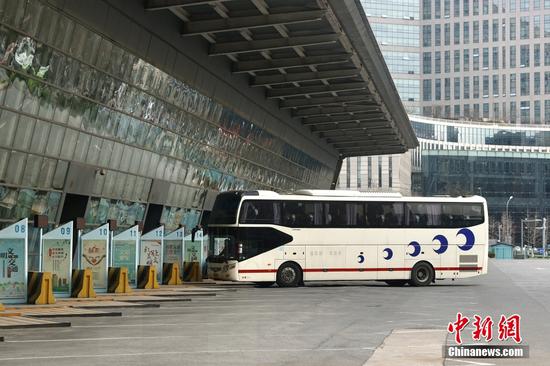




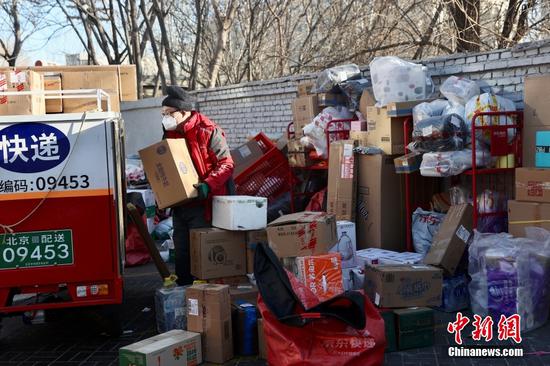
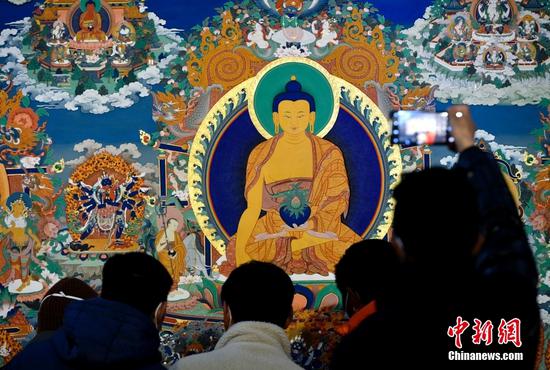
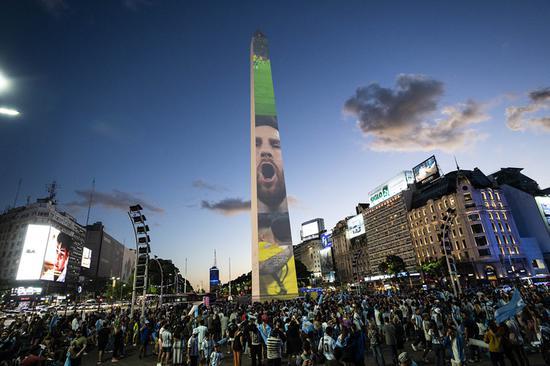






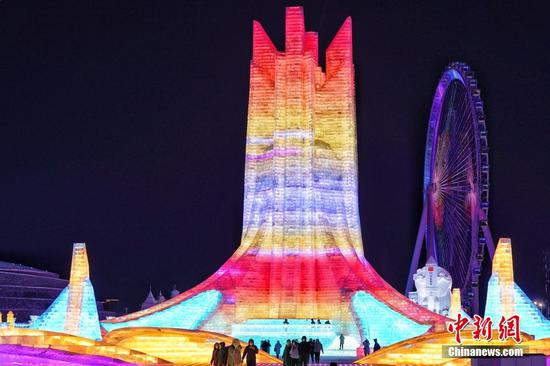
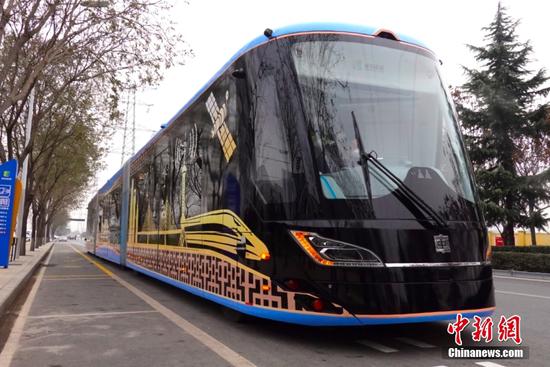

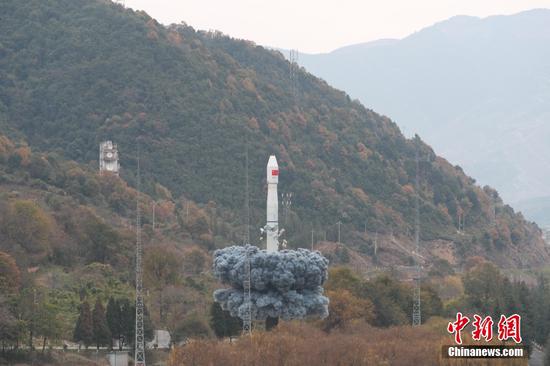
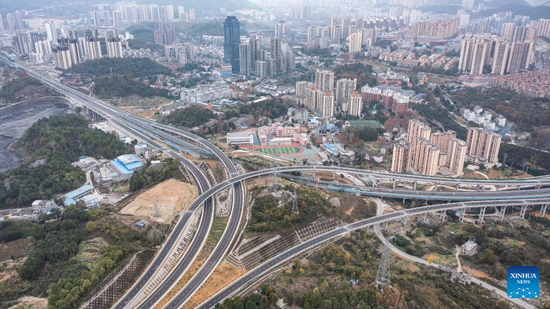
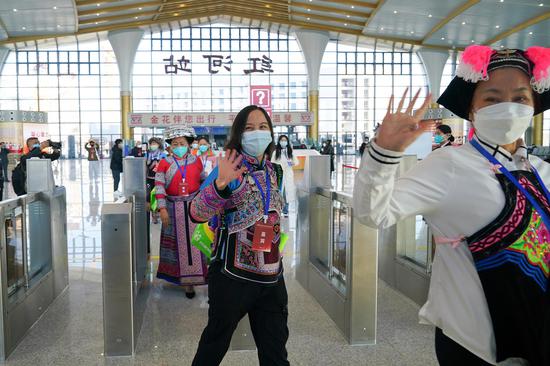

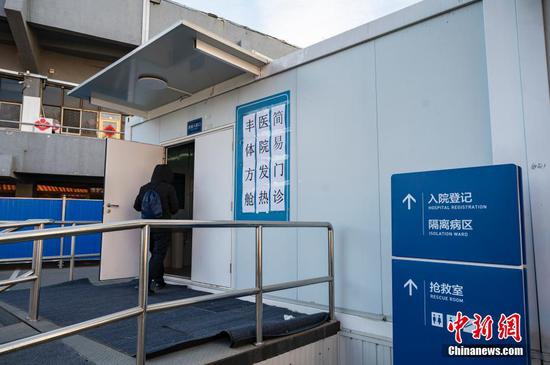


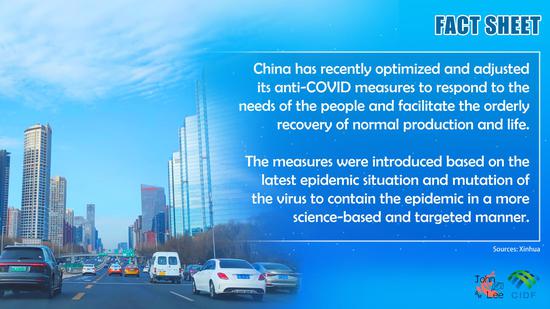
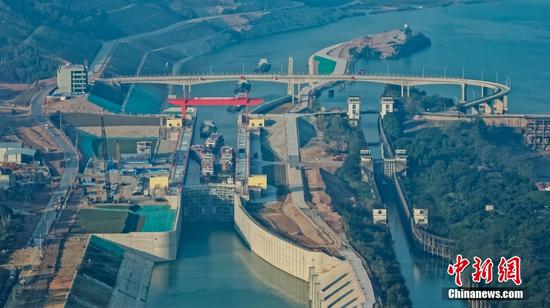


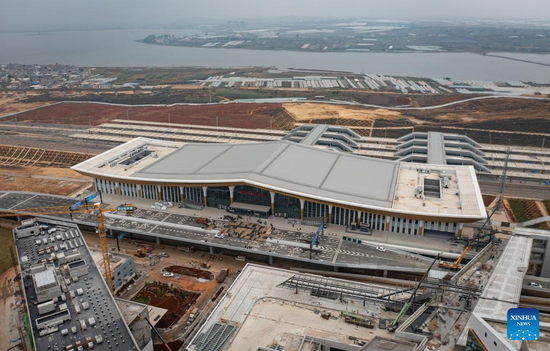

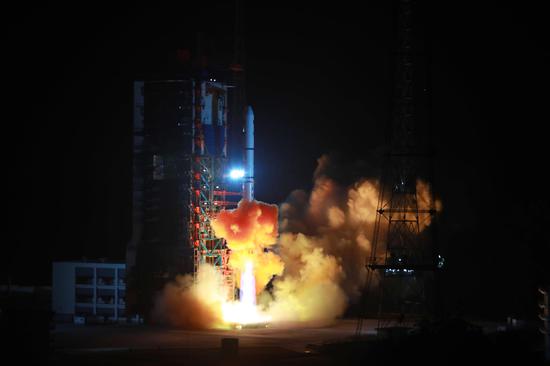
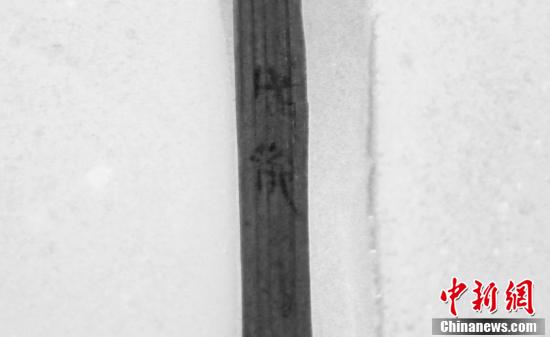
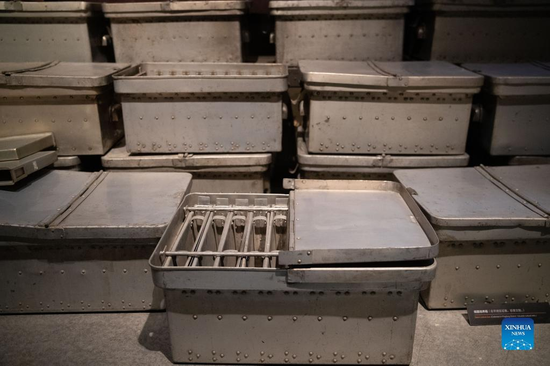








 京公网安备 11010202009201号
京公网安备 11010202009201号